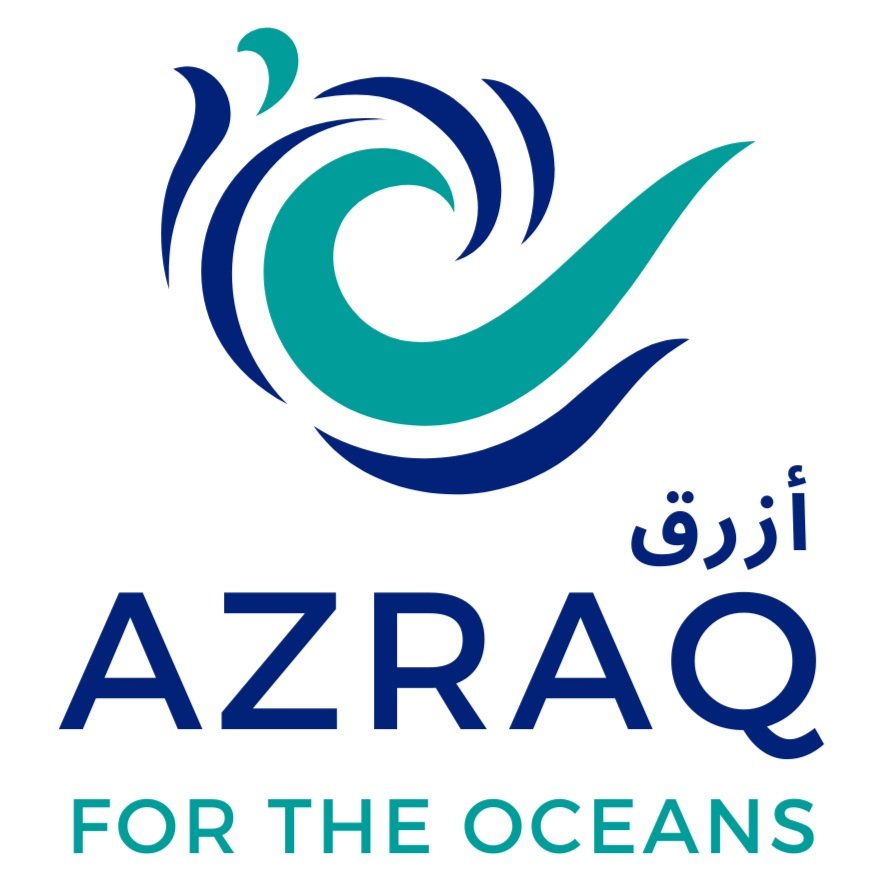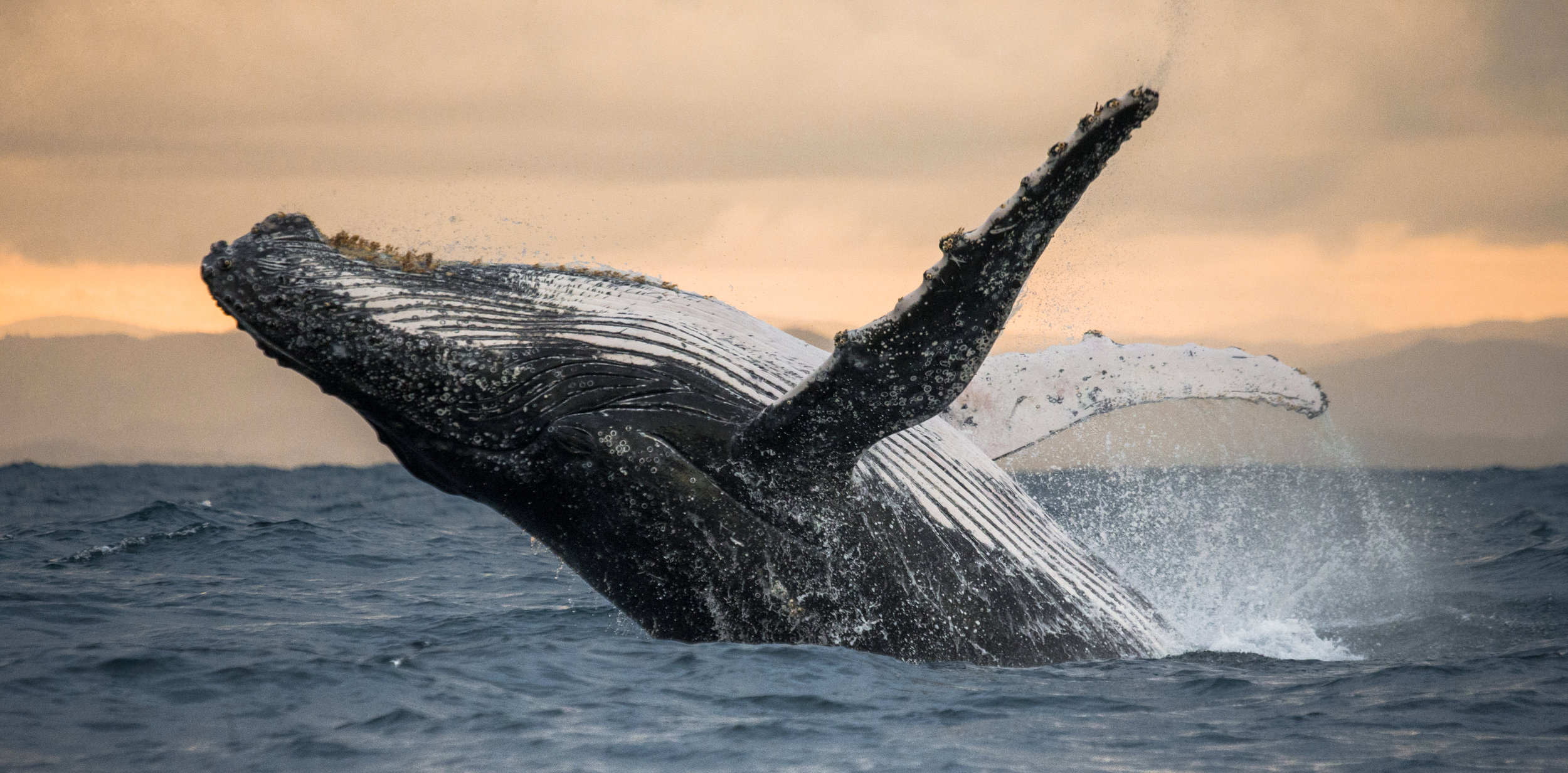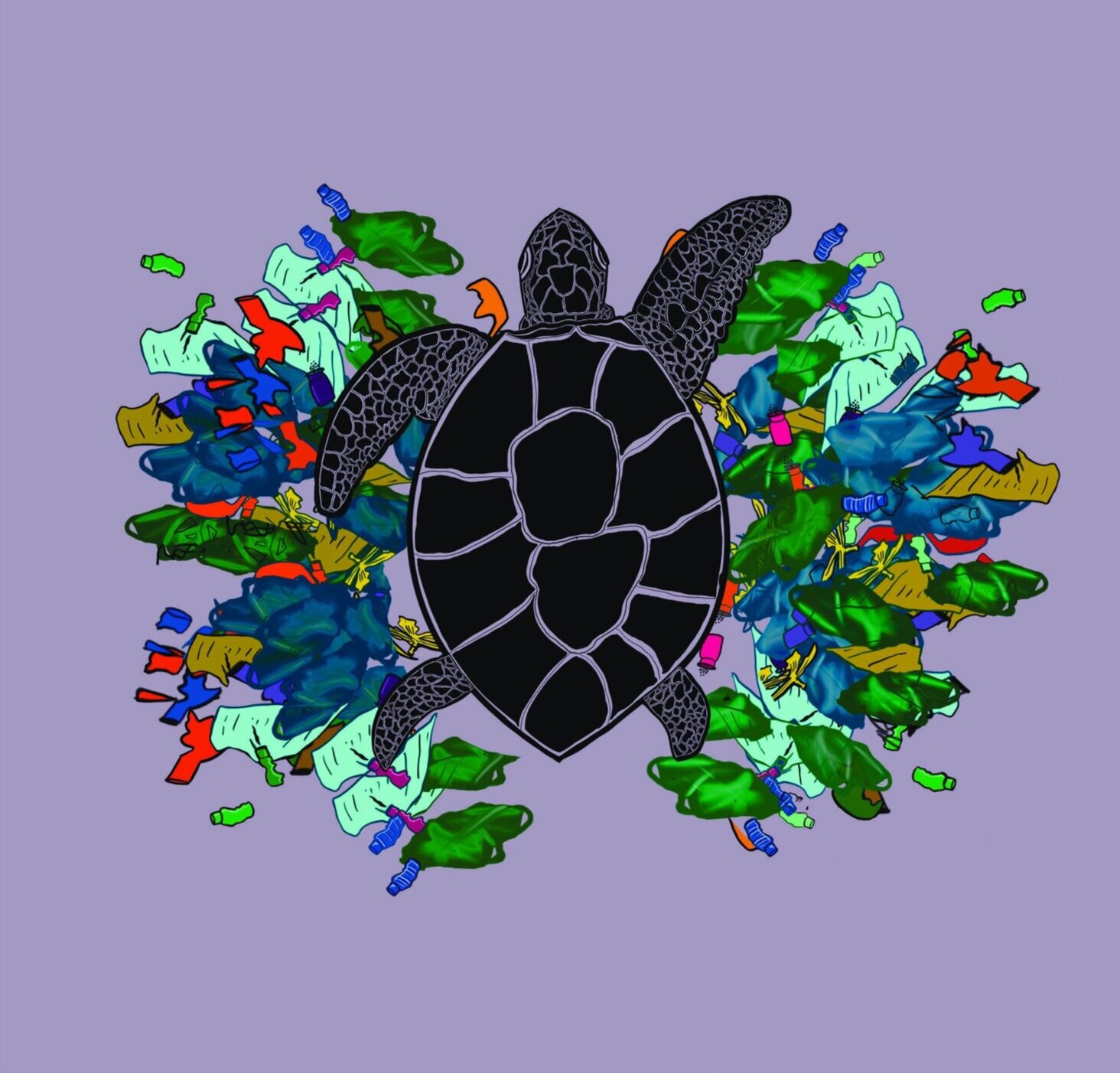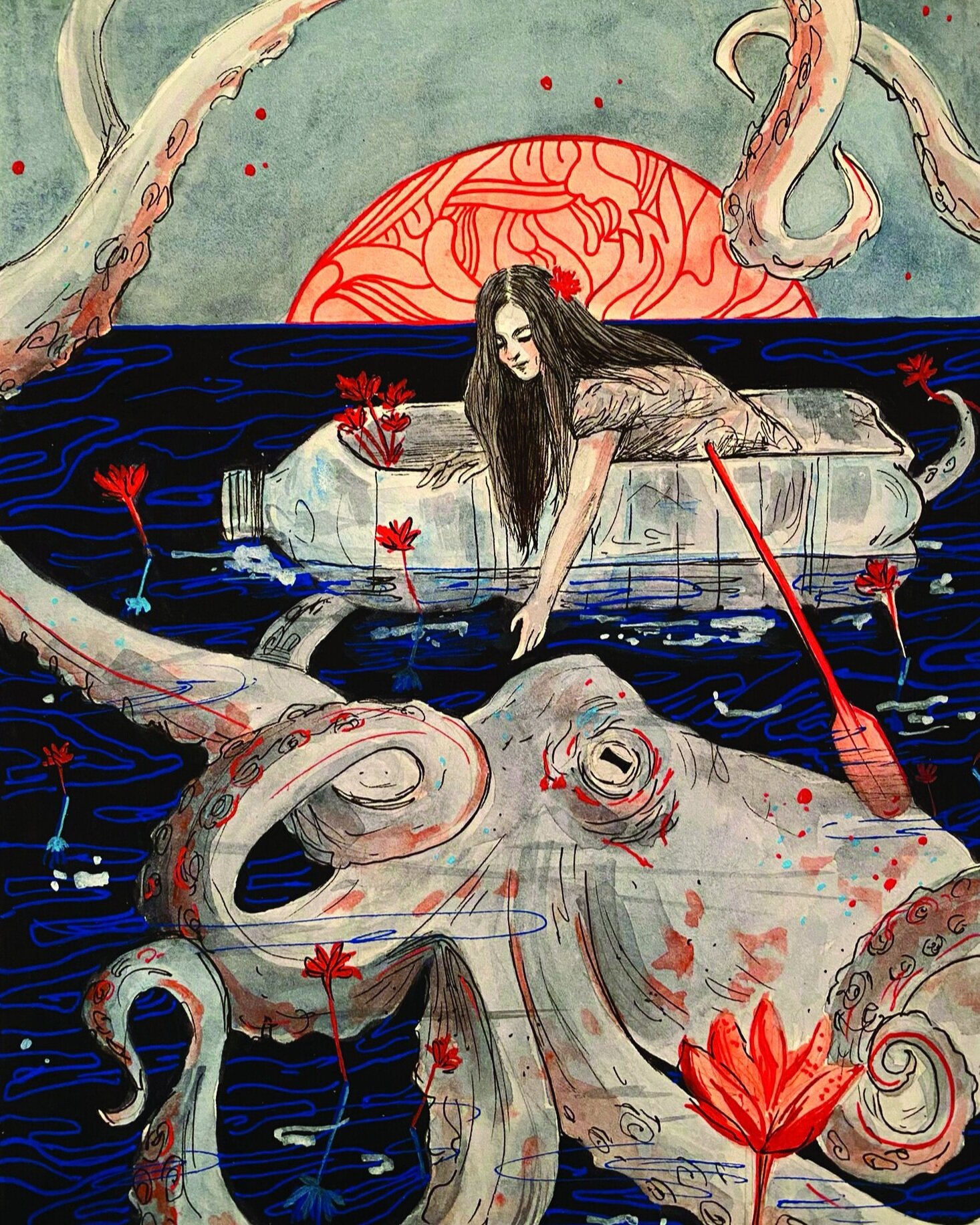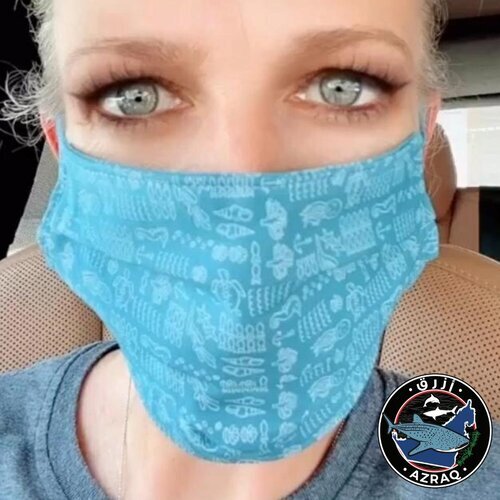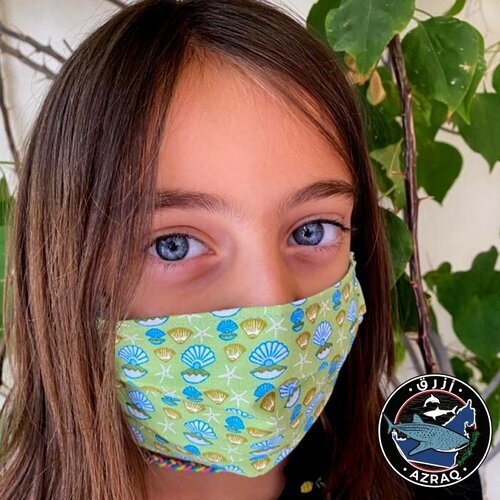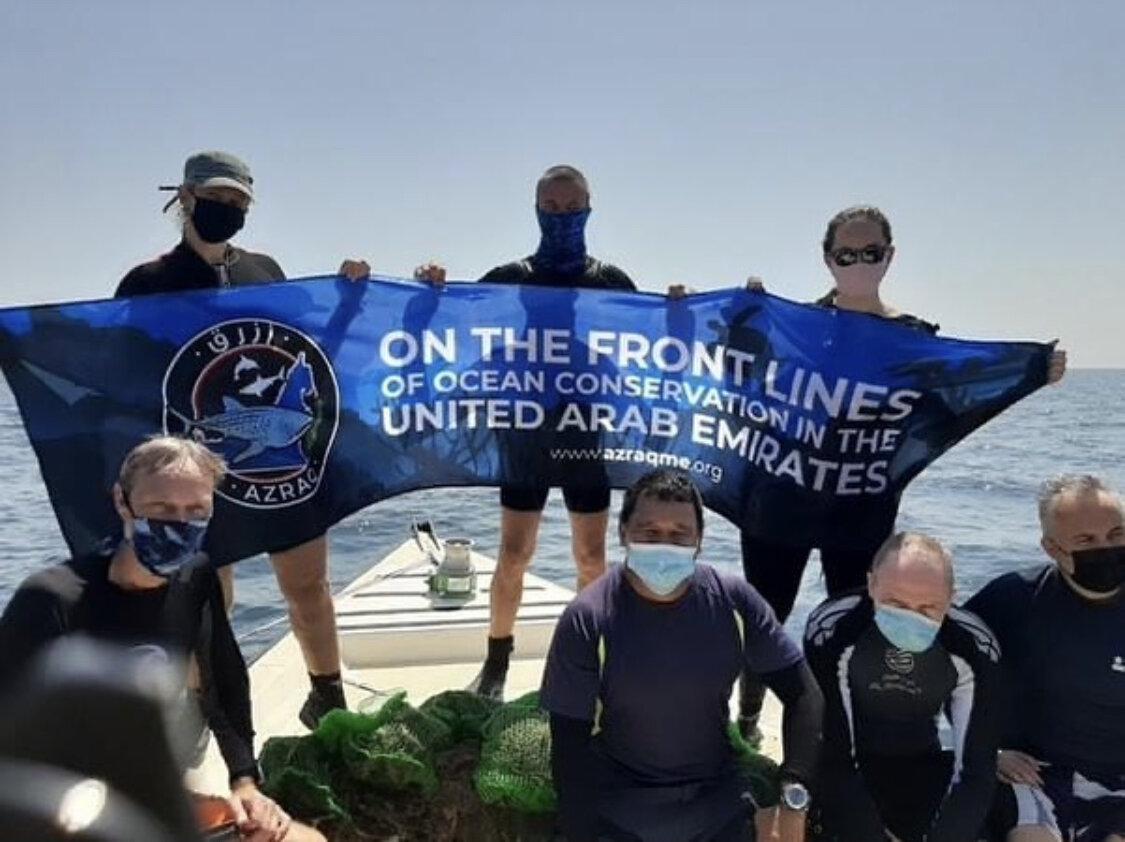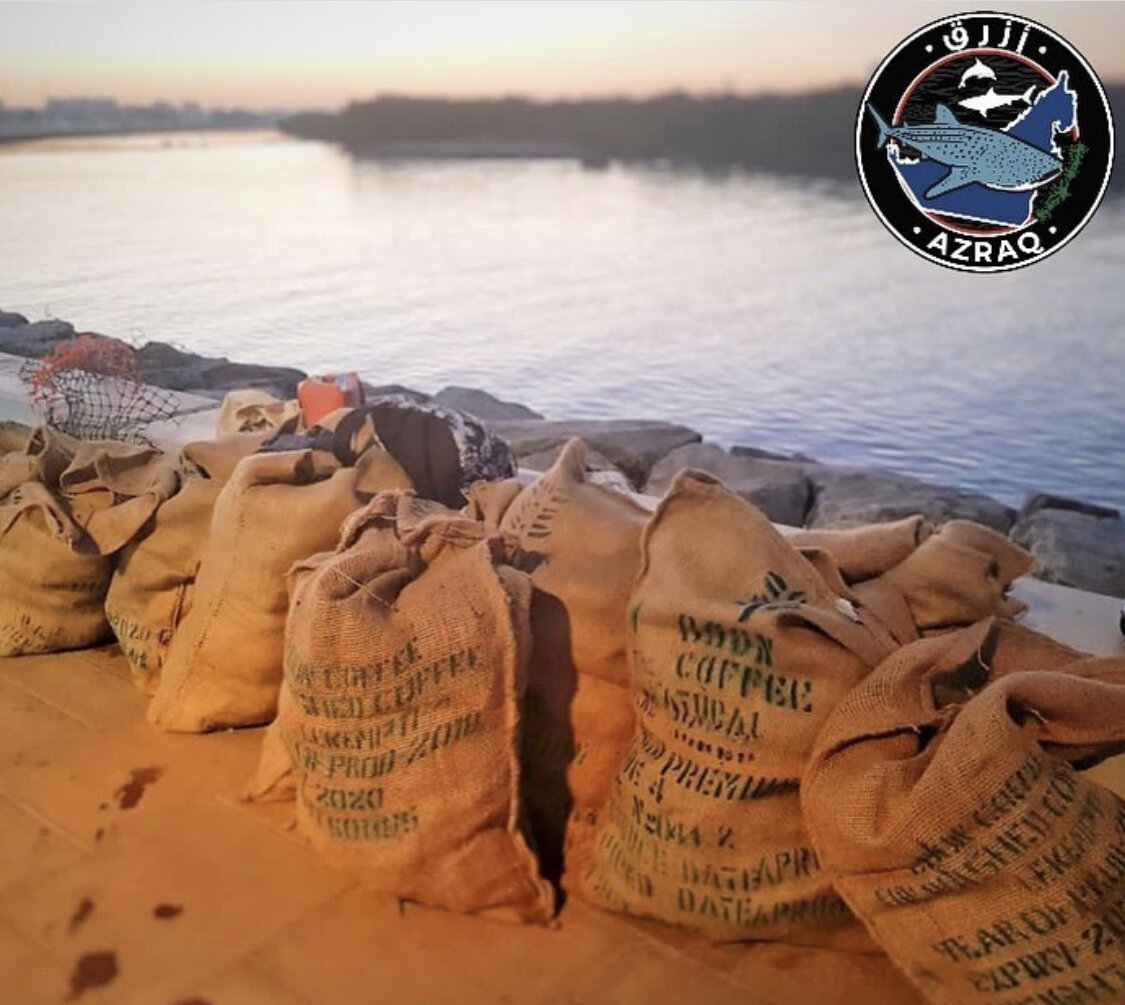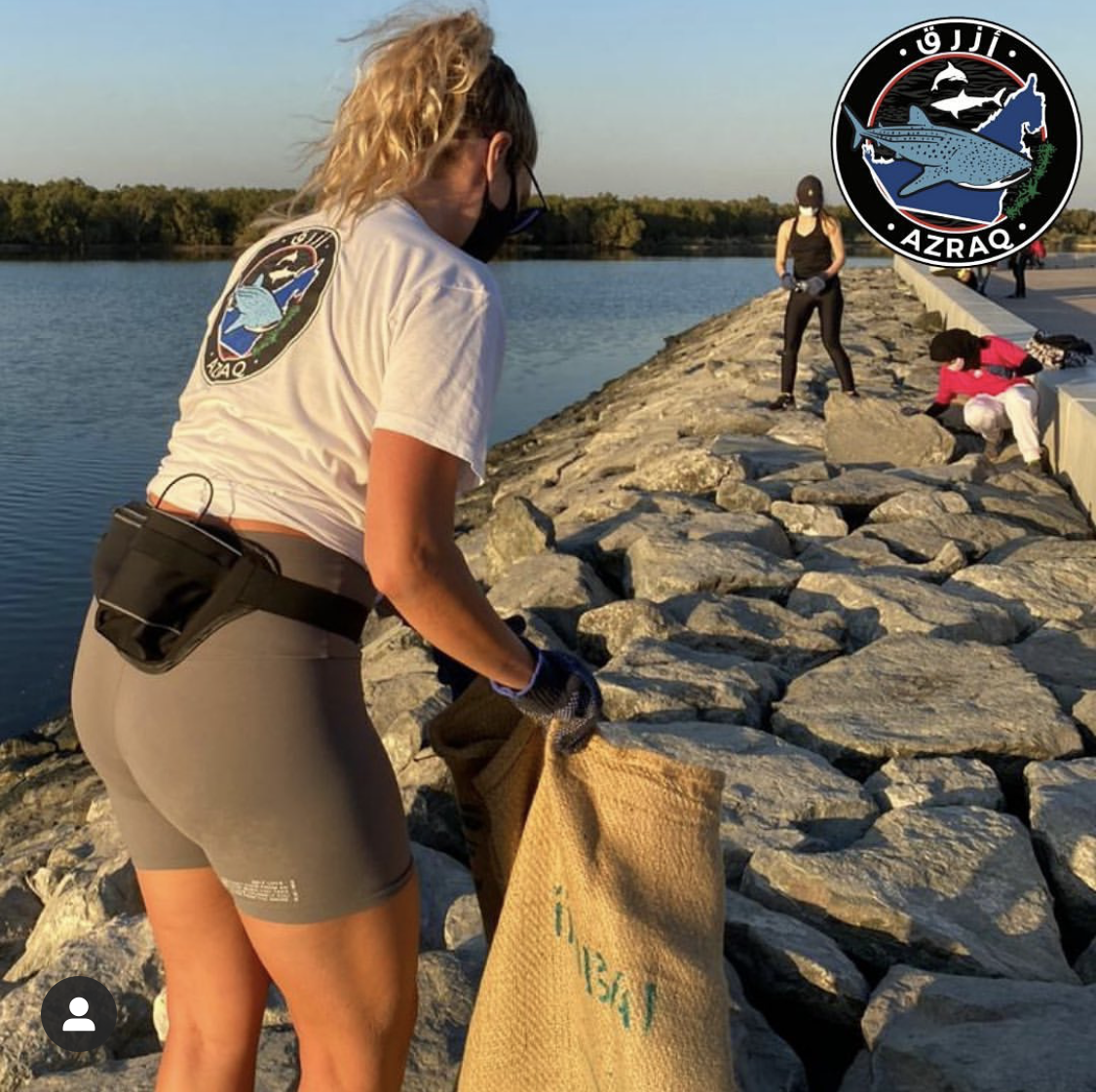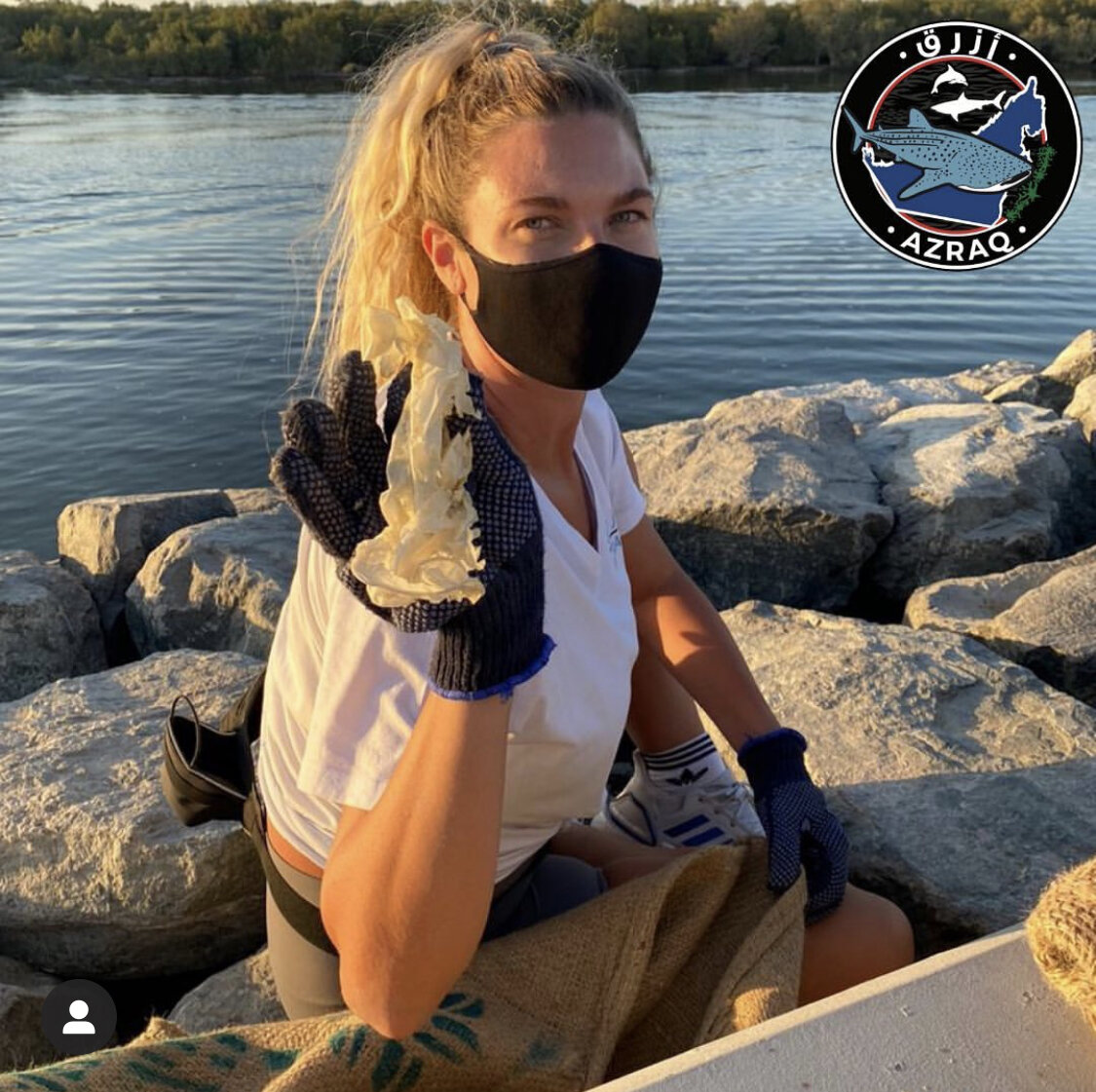The impacts of the fashion industry on the environment are fast becoming well known, with media reports regularly highlighting how clothing production globally produces 10% of all carbon emissions, is the second-largest consumer of the world's water supply, and pollutes the oceans with microplastics. So why would a marine conservation organisation align with such an environmentally polluting industry? The answer is due to the amount of labels now focussing on giving back to the environment.
Recently Azraq partnered with The Good Chic which promotes sustainable French men’s fashion labels, but they have expanded their partnership with fashion brands to also now include local swimwear label, COÉGA and fashion label Amanda x By M.A.R.Y which only utilizes natural fibers in their designs.
Natalie Banks, Founder of Azraq, stated that the team took over six months to investigate the brands and the people behind them, to ensure that a partnership would be beneficial to Azraq’s clients'; the marine animals living in the ocean, before signing the partnership agreement.
“COÉGA Sunwear are already heavily focused on sustainability, and through our discussions have agreed to go the extra step to highlight the impacts of washing swimwear and activewear,” Ms Banks said.
“Even though their swimwear fabric is partially made out of Econyl fibre, that is made from recycled fishing nets, it can still shed mircoplastics into the oceans via the grey water from traditional washing machines.”
Most people do not realize the synthetic fibers such as polyester, elastic and lycra shed microplastics where they are washed, which end up in our oceans.
COÉGA are providing a link on their website for people in the UAE and GCC to purchase the Cora Ball, which is a microfiber-catching laundry ball that stops mircoplastics, threads and pollution from entering the waterways.
Maureen Hall, Chief Executive Officer of COÉGA stated that partnering with Azraq made sense for their brand, providing avenues to strengthen their focus on sustainability, such as educating consumers towards more conscious choices.
“The introduction of the Cora Ball to our website is just one commitment that we are willing to make in order to stand firm to reducing the environmental impacts of our industry,” Ms Hall said.
“Furthermore, we are targeting significant changes within our operations, manufacturing and packaging during 2021, such as striving for minimal waste manufacturing as well as sourcing eco-friendly packaging,”
COÉGA have committed to sponsor events that Azraq will host, which will provide further education about the impacts on the ocean and marine conservation, in order to further generate positive changes in behavior.
The partnership of fashion outlets and brands in the UAE is part of a larger campaign that Azraq is working on to promote sustainable fashion in the region.
